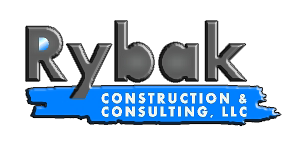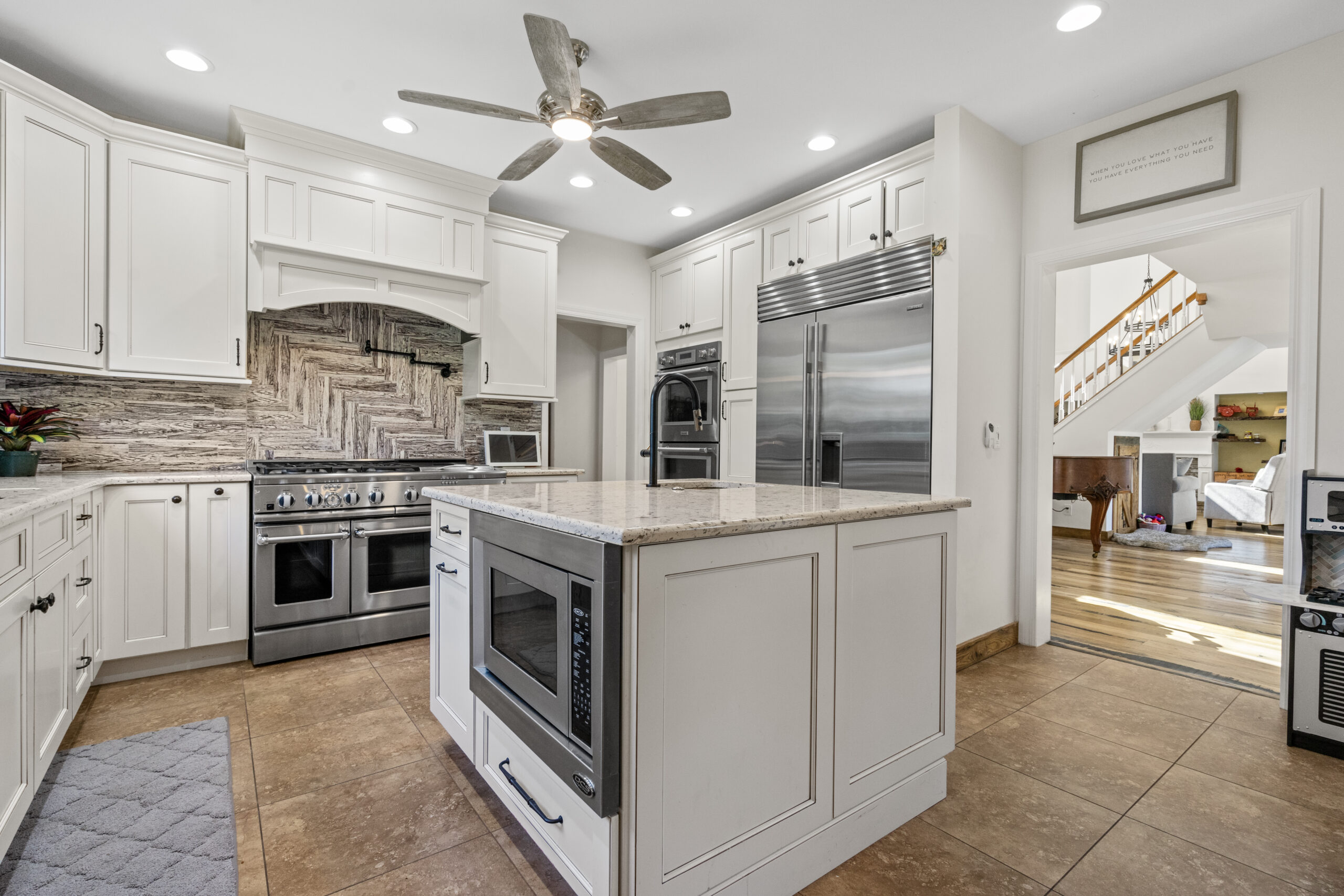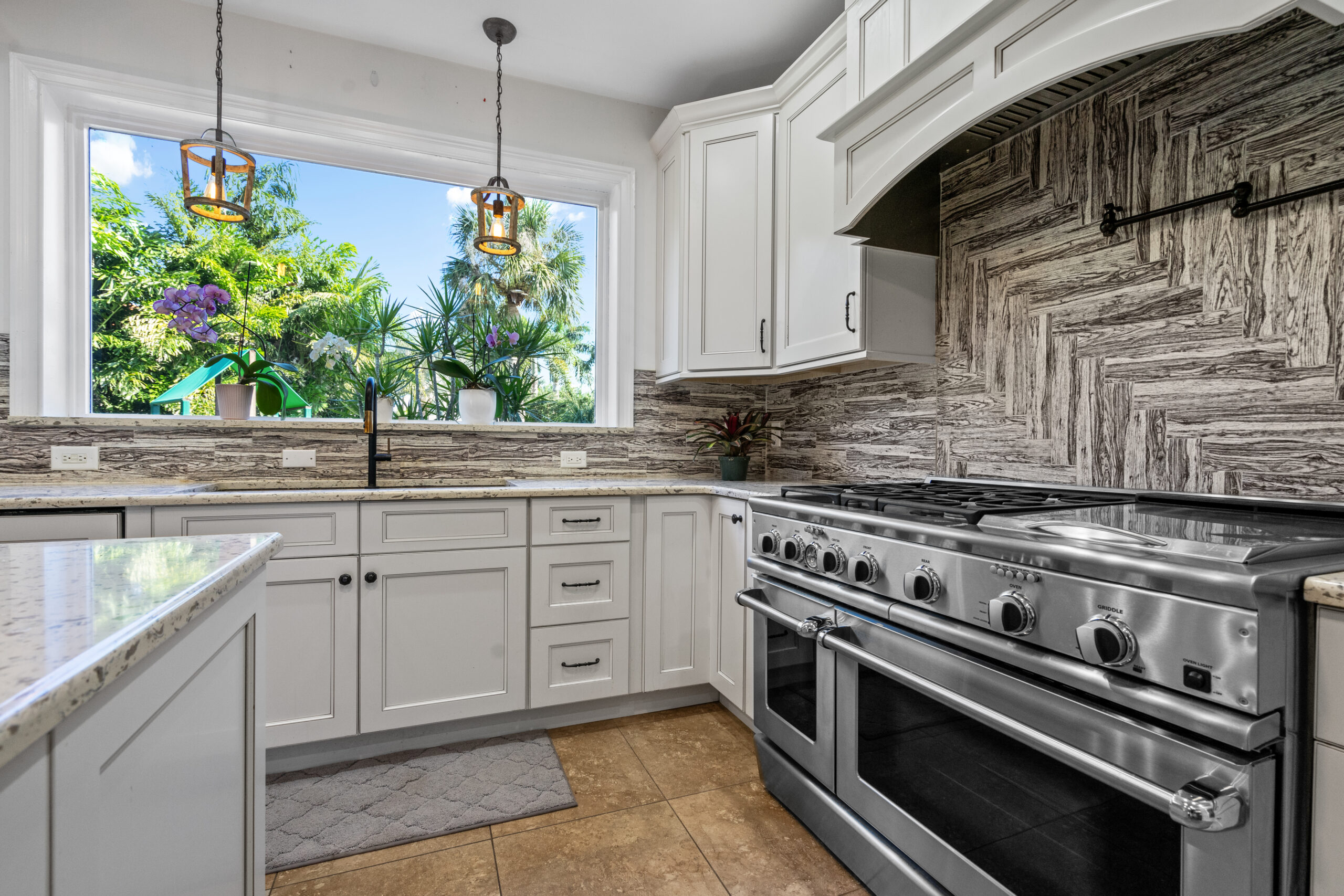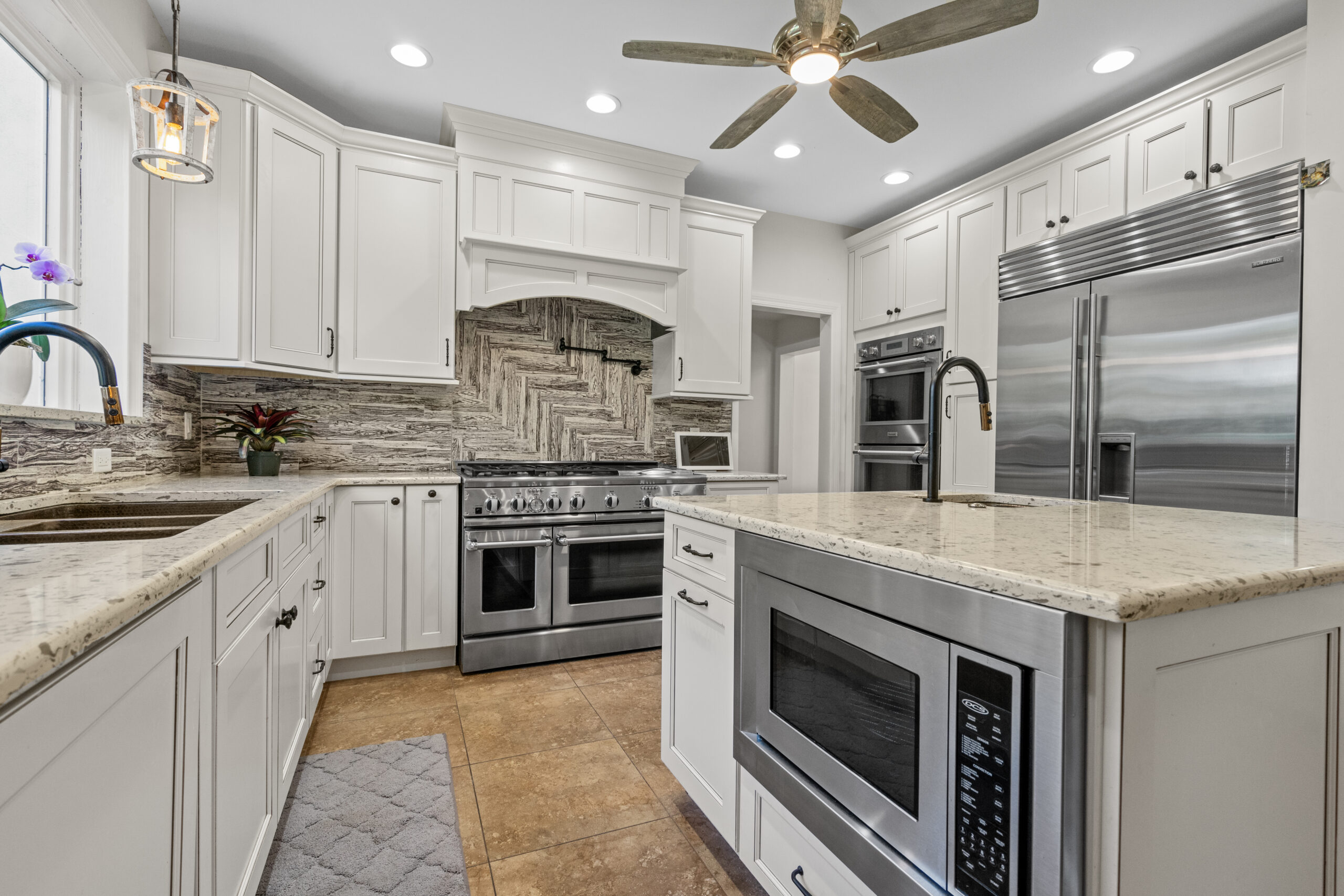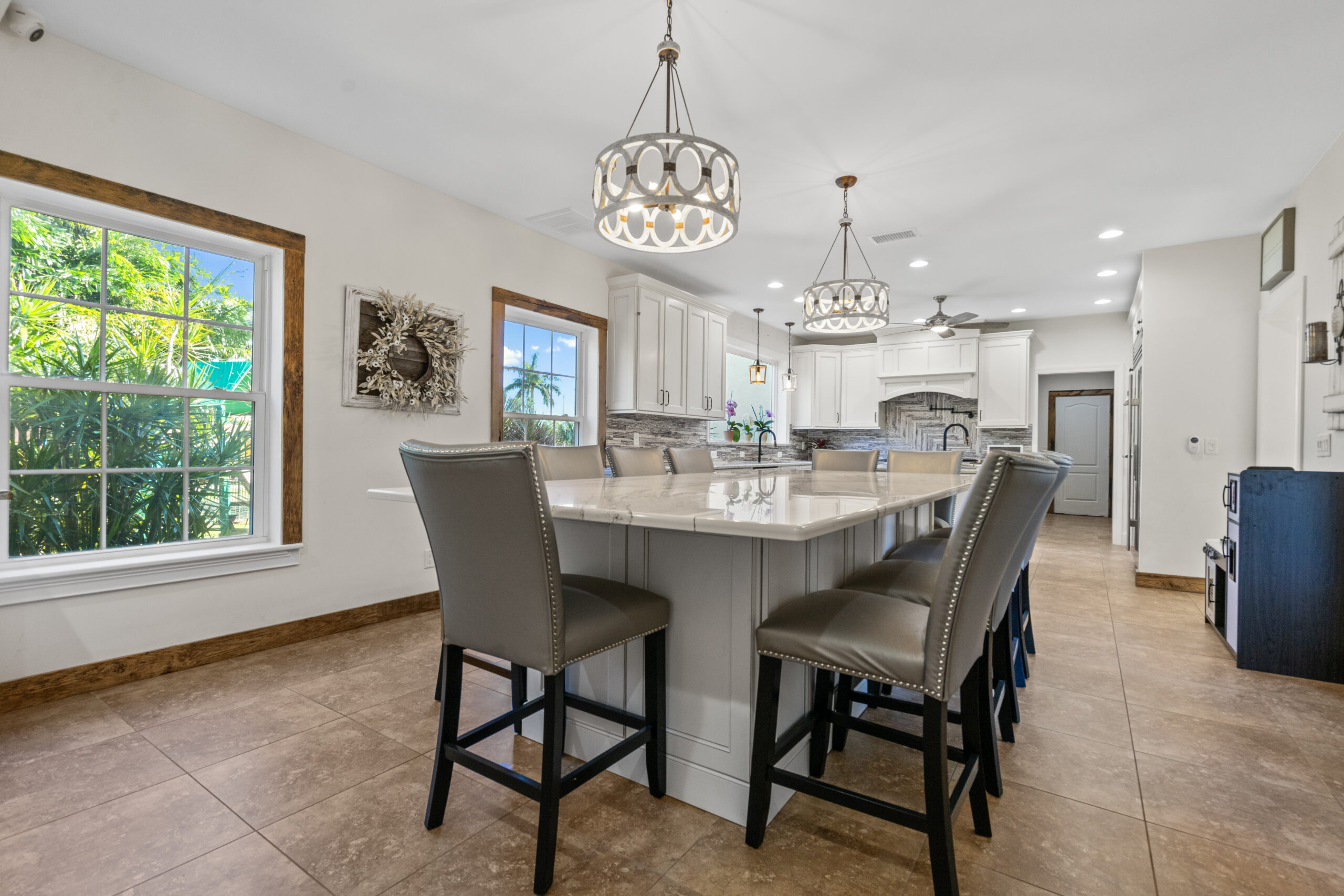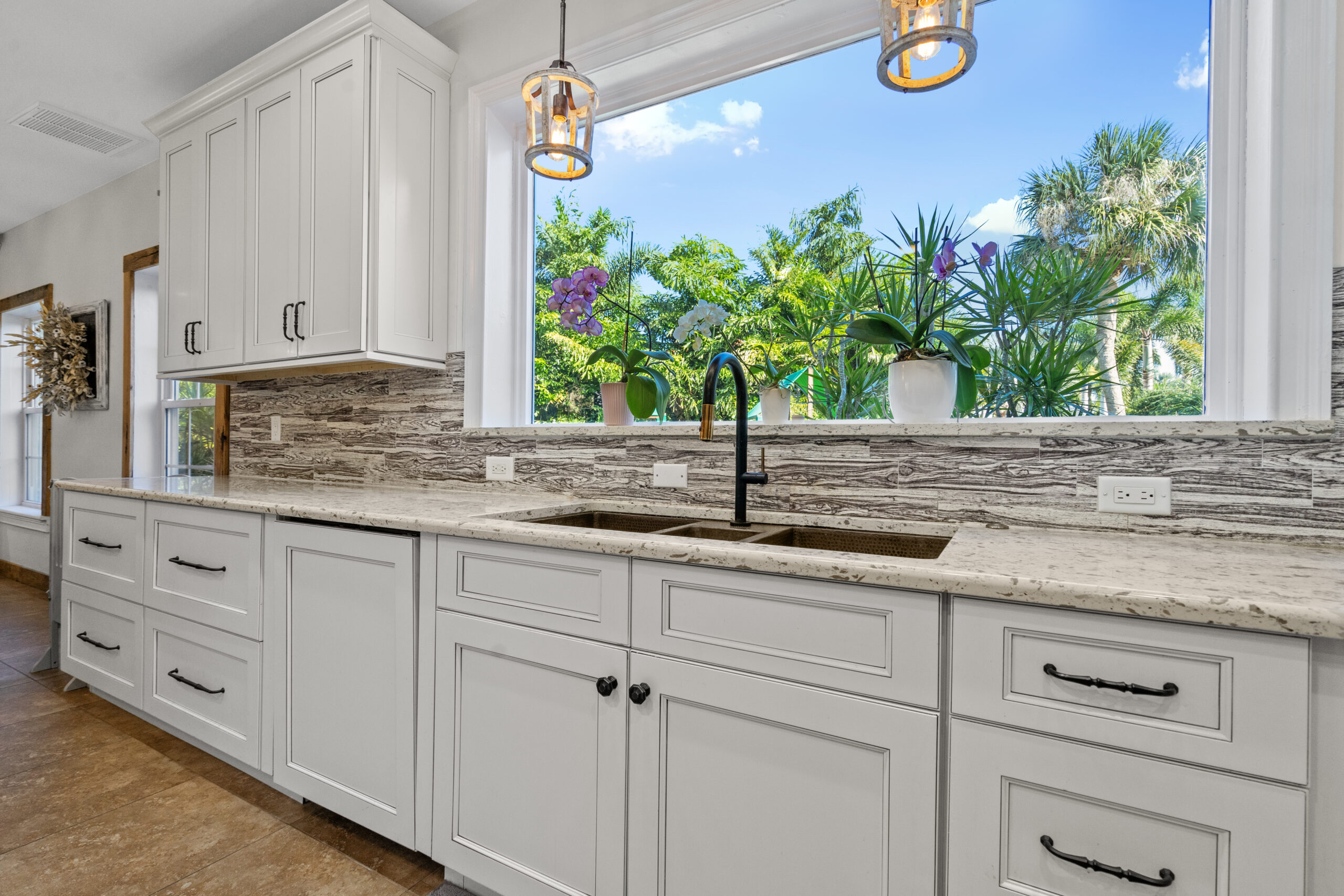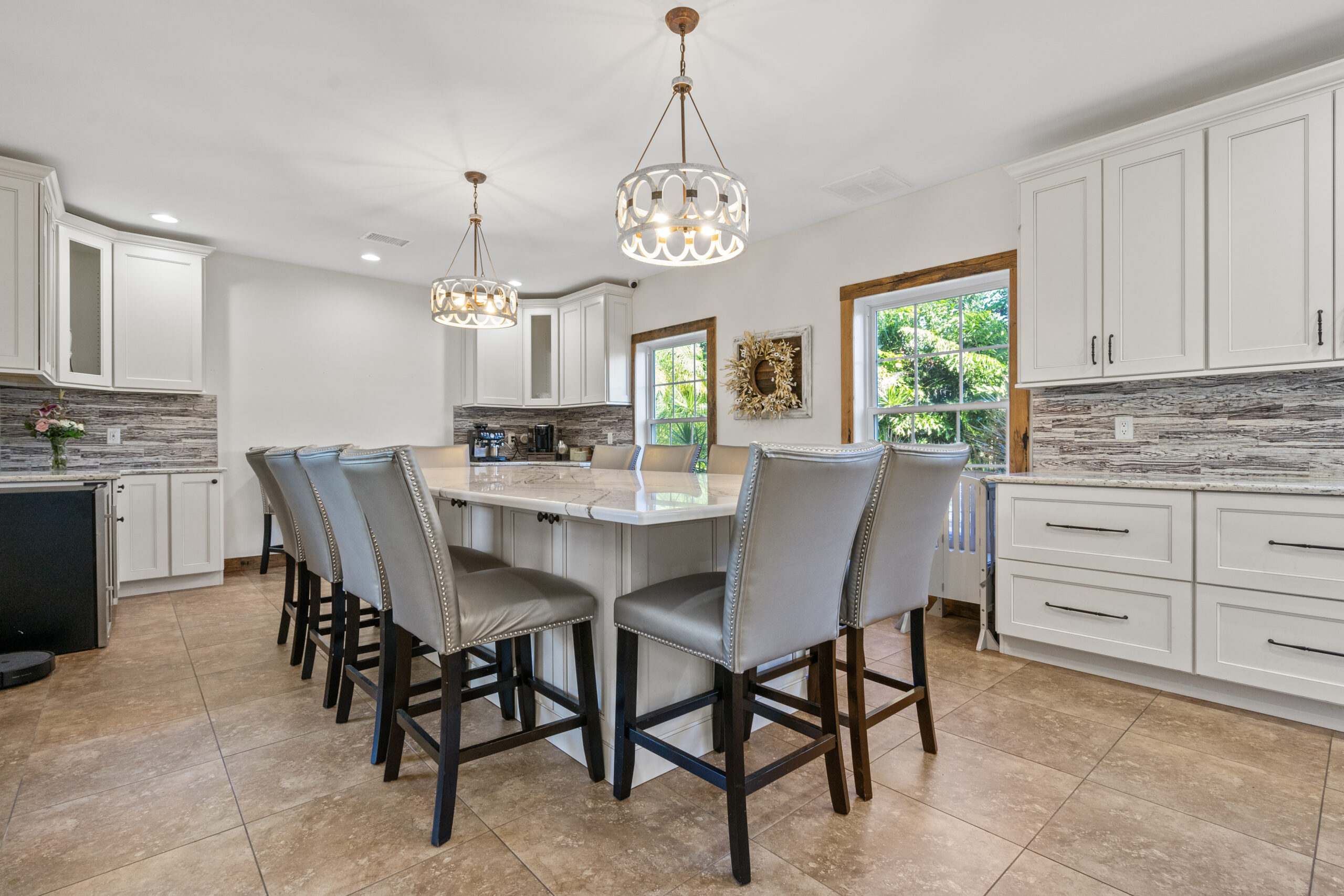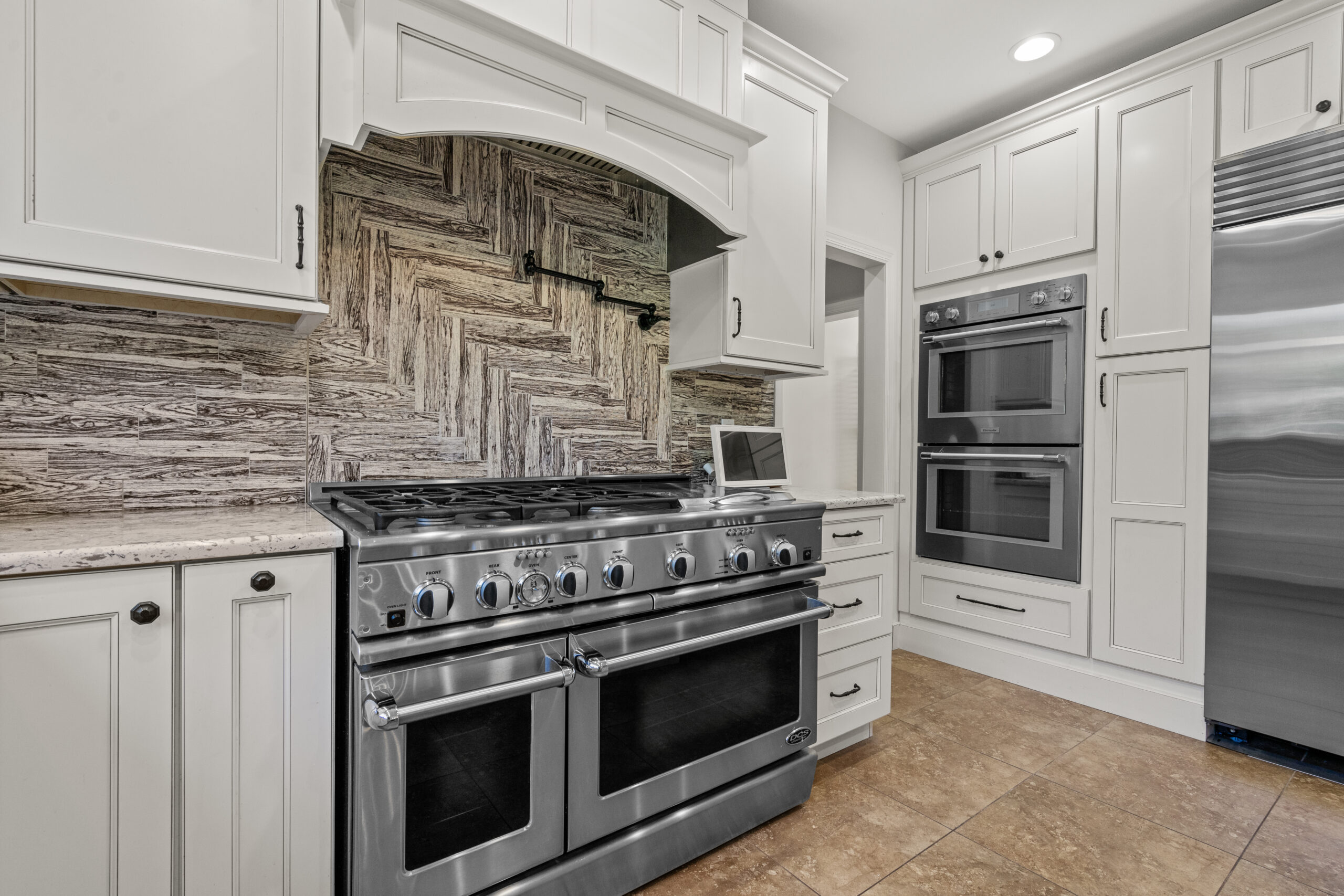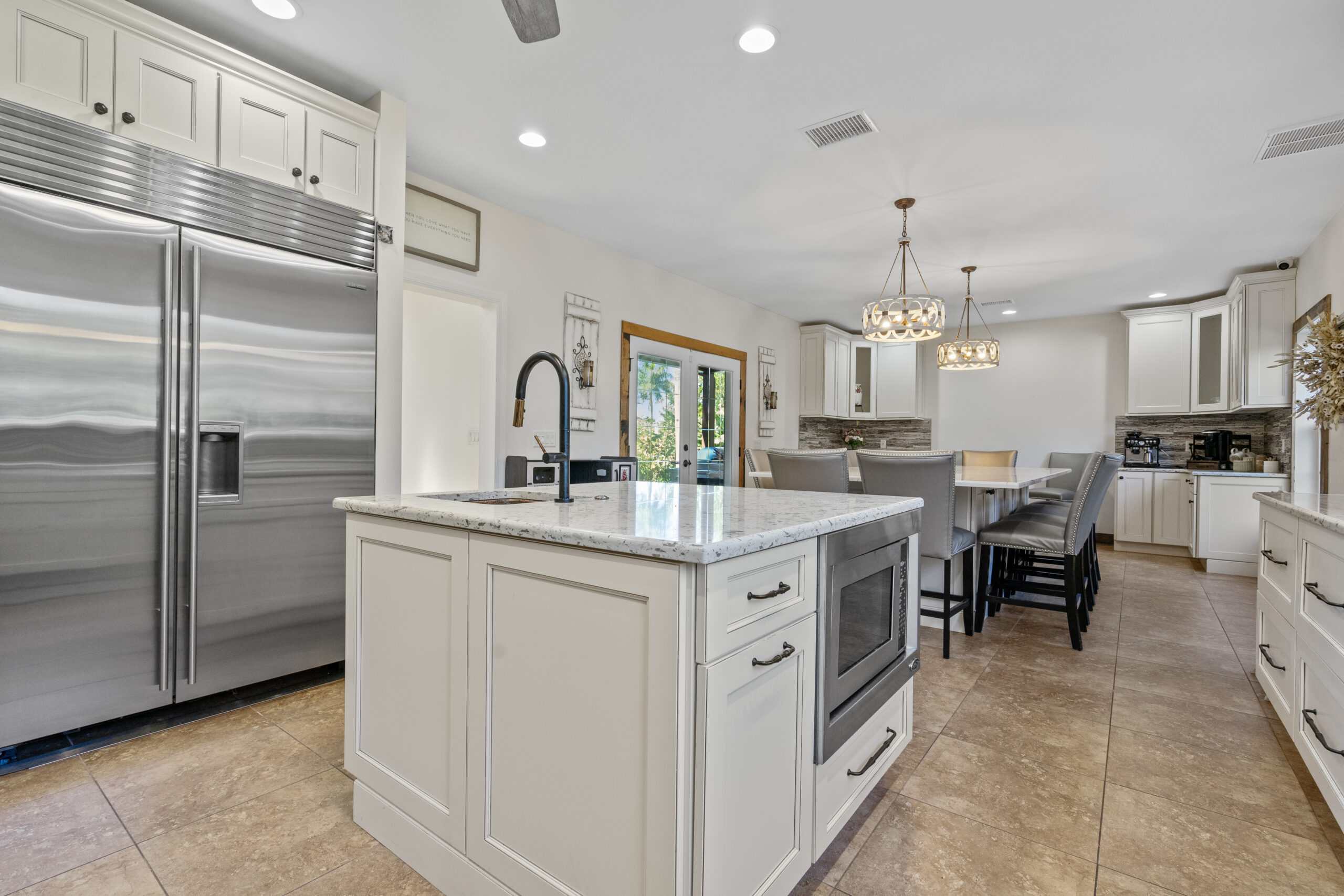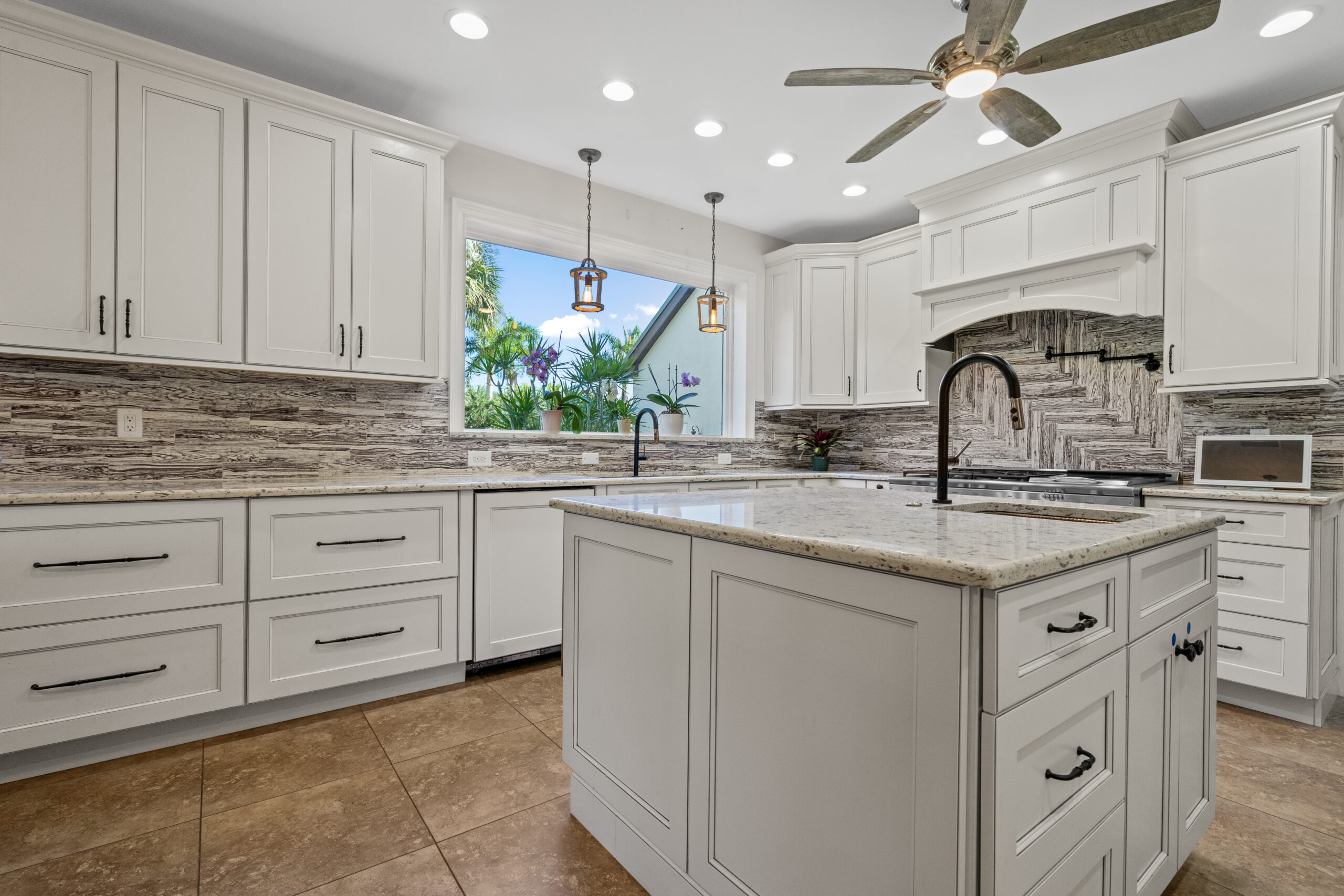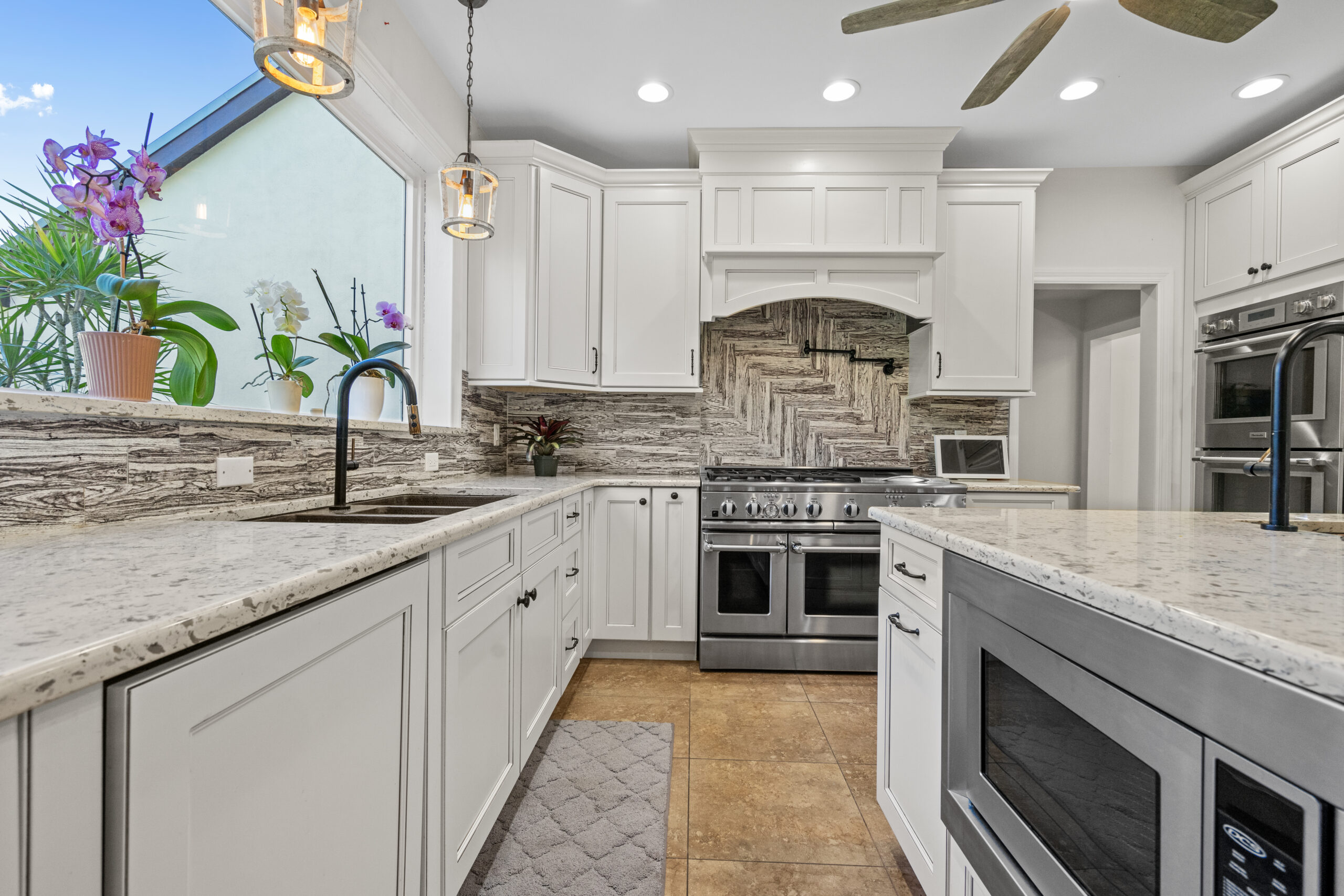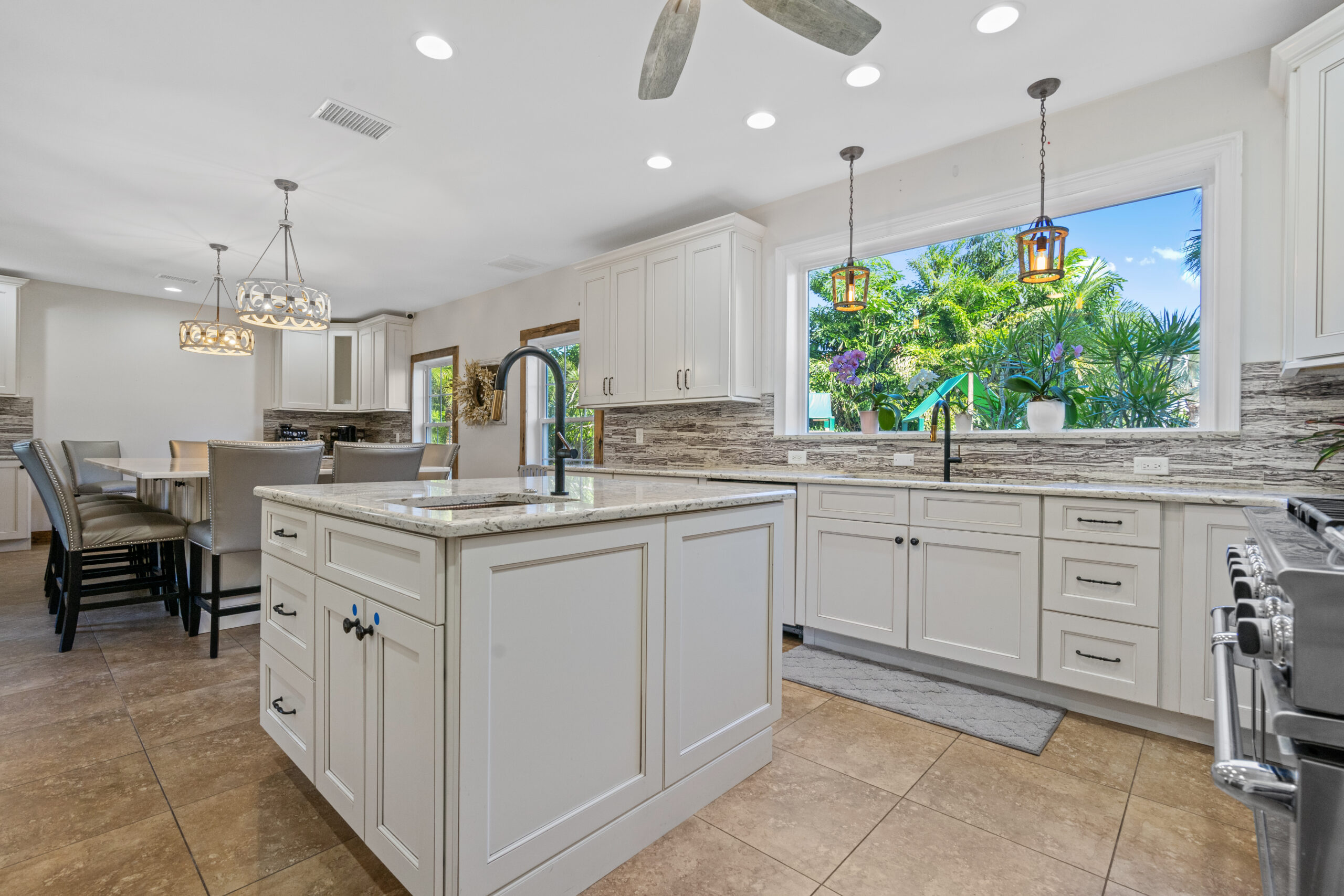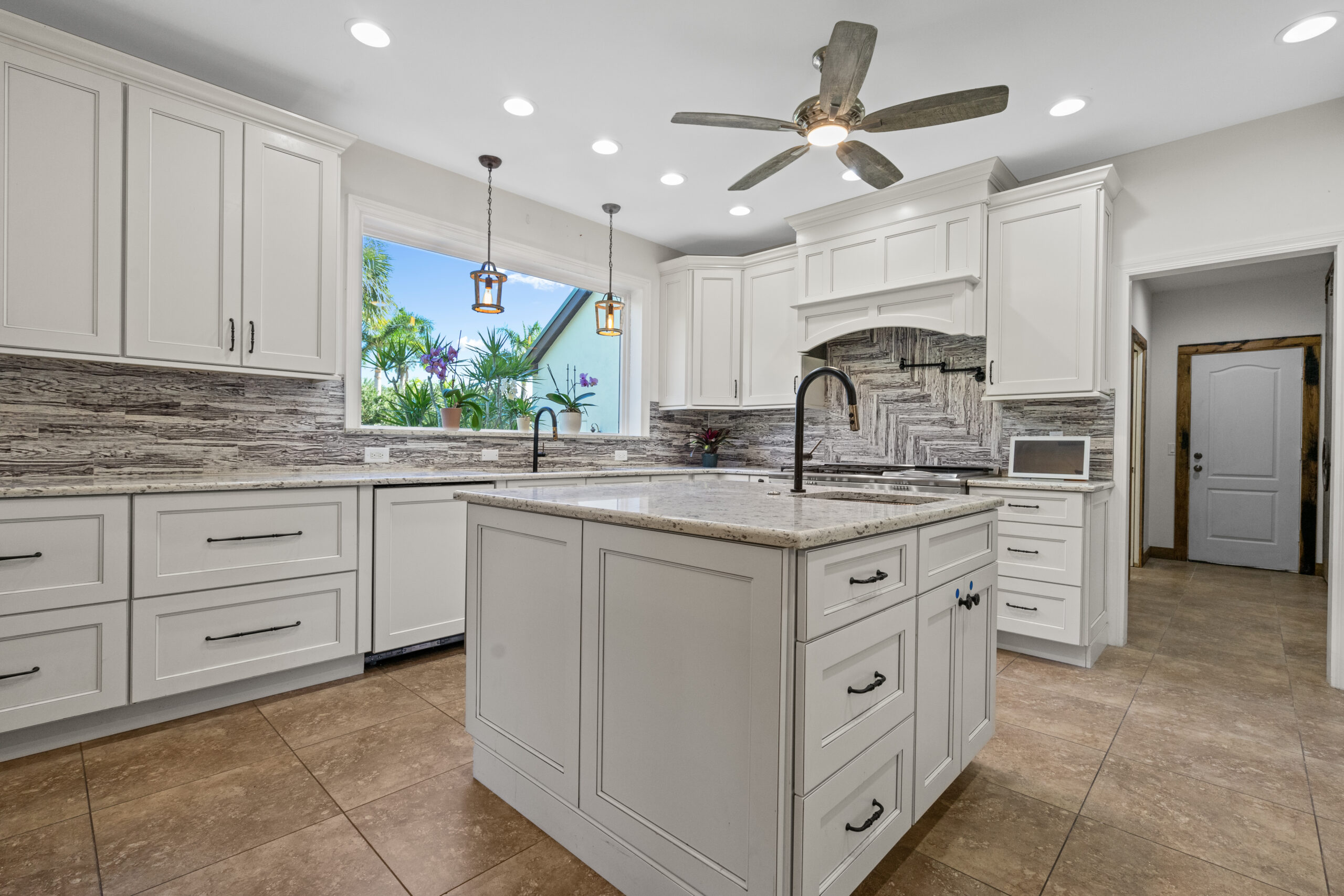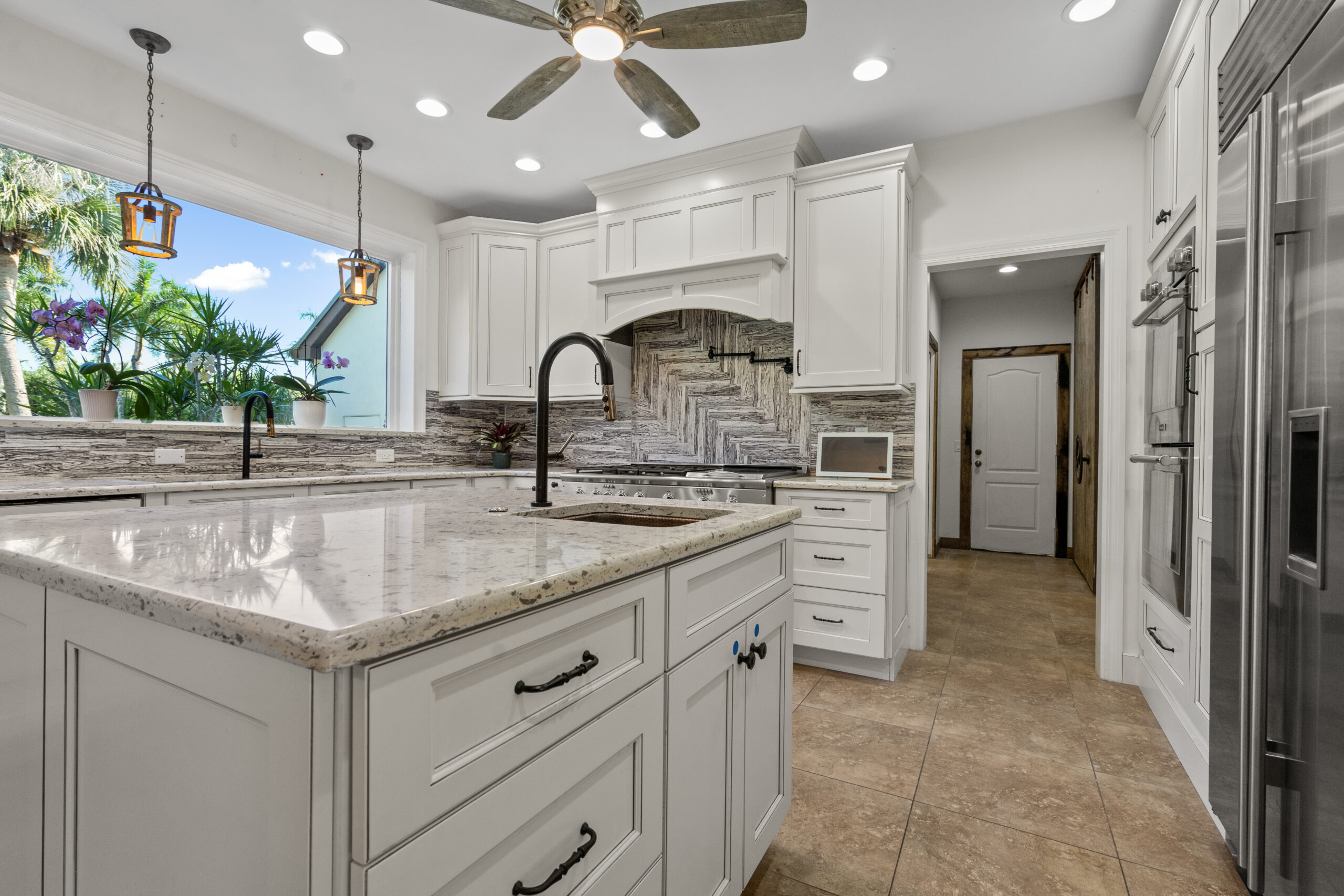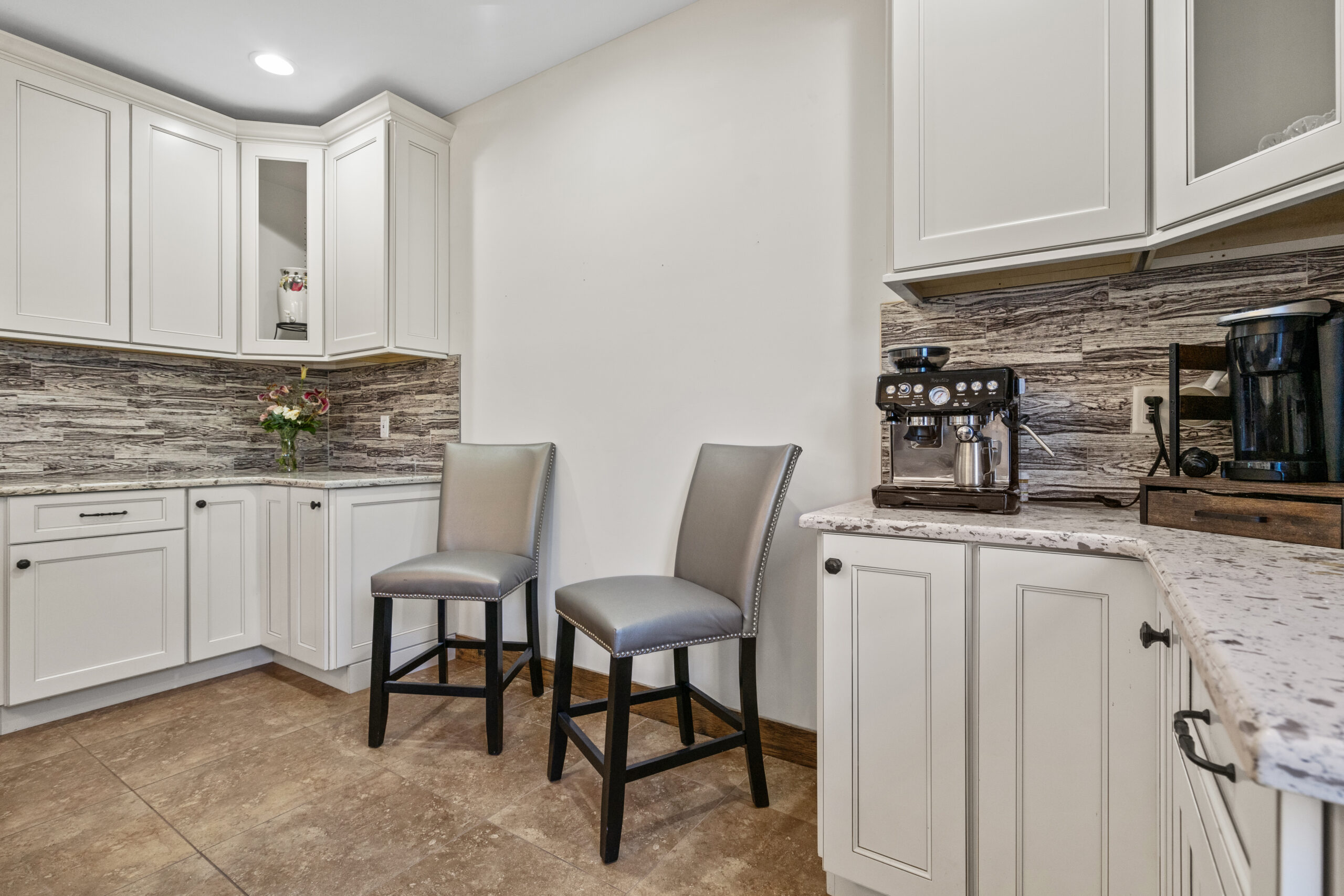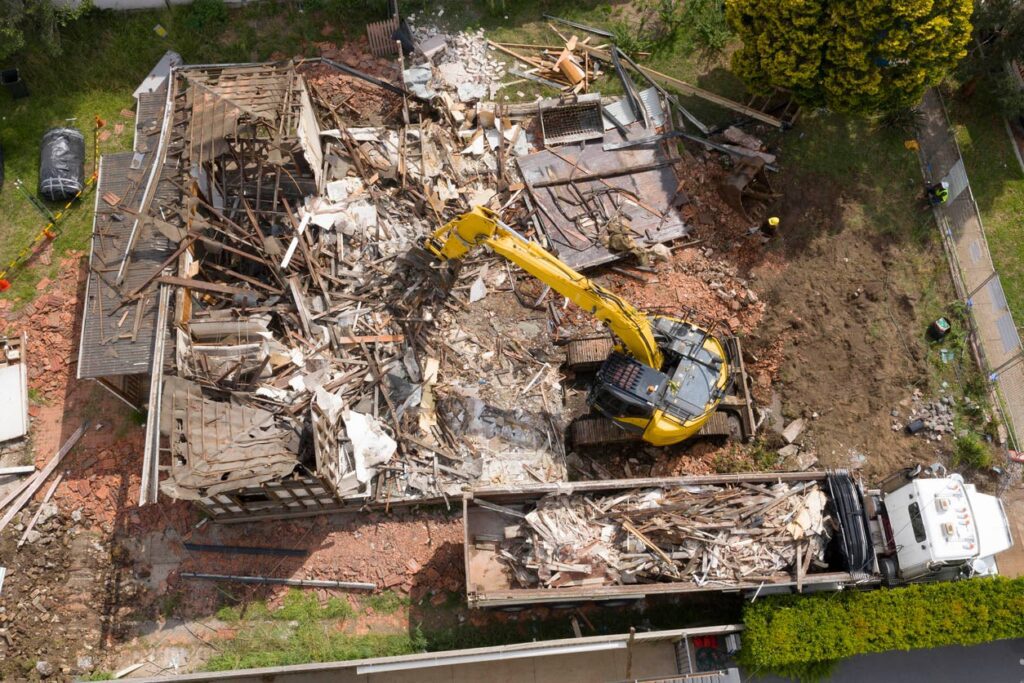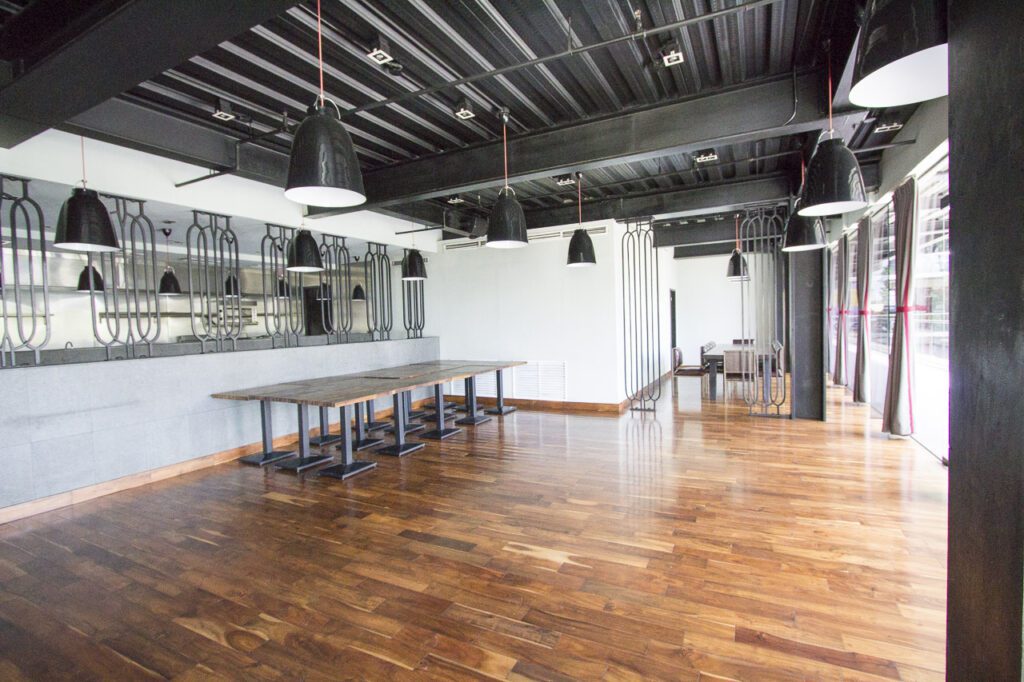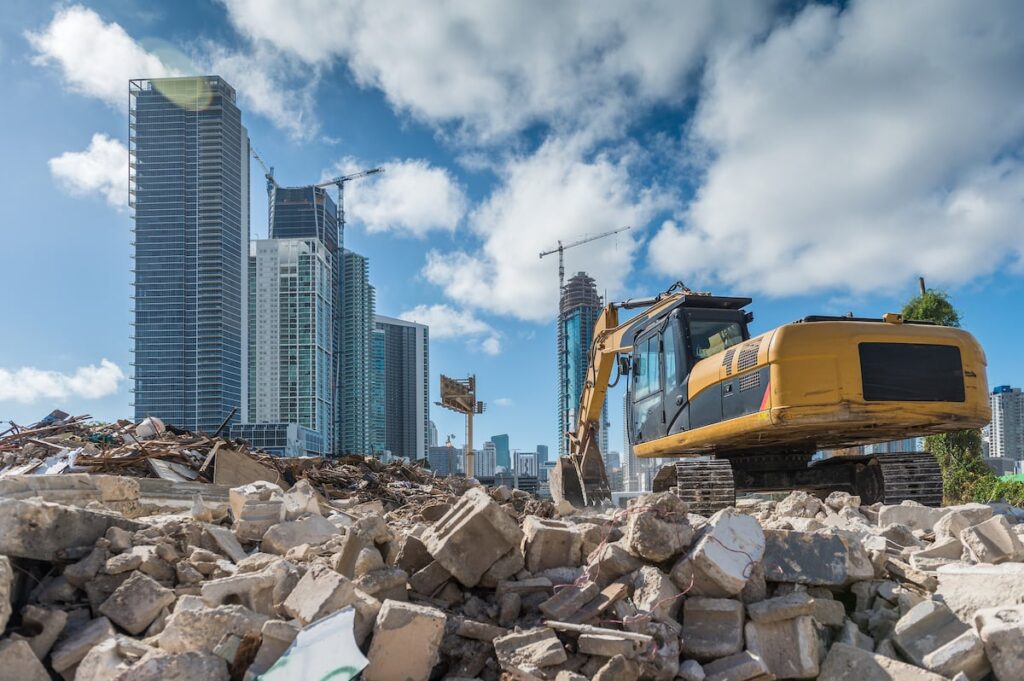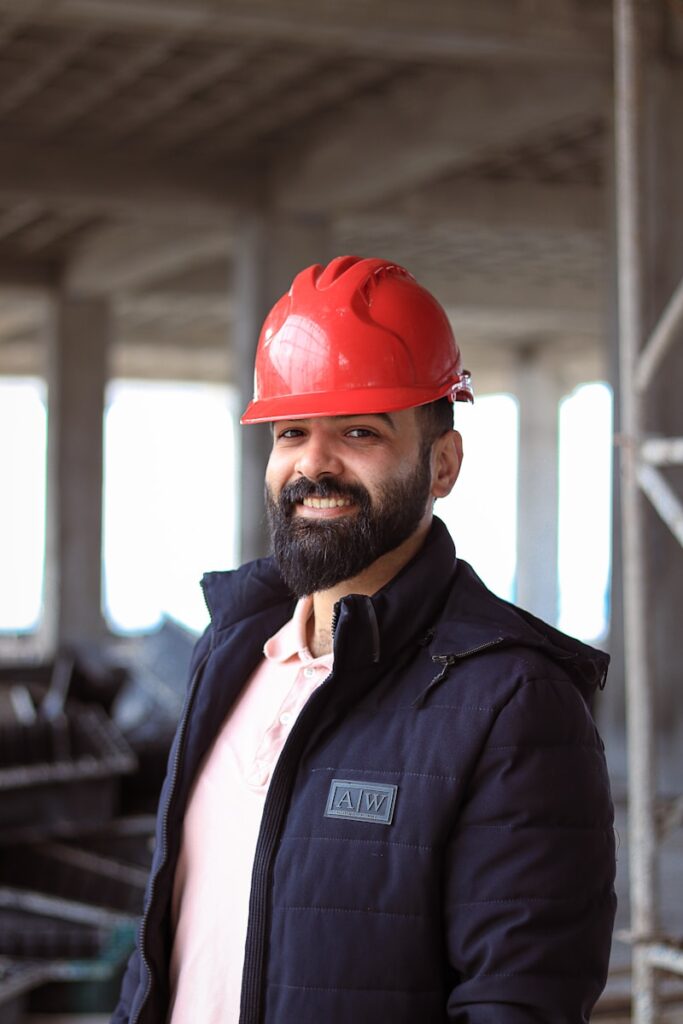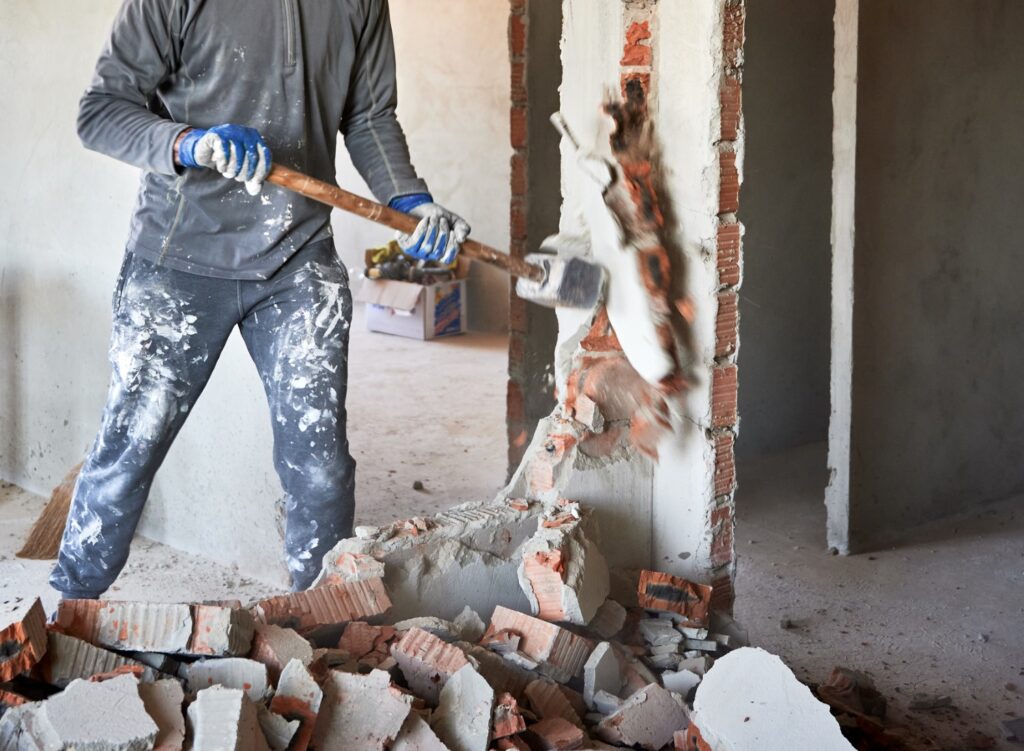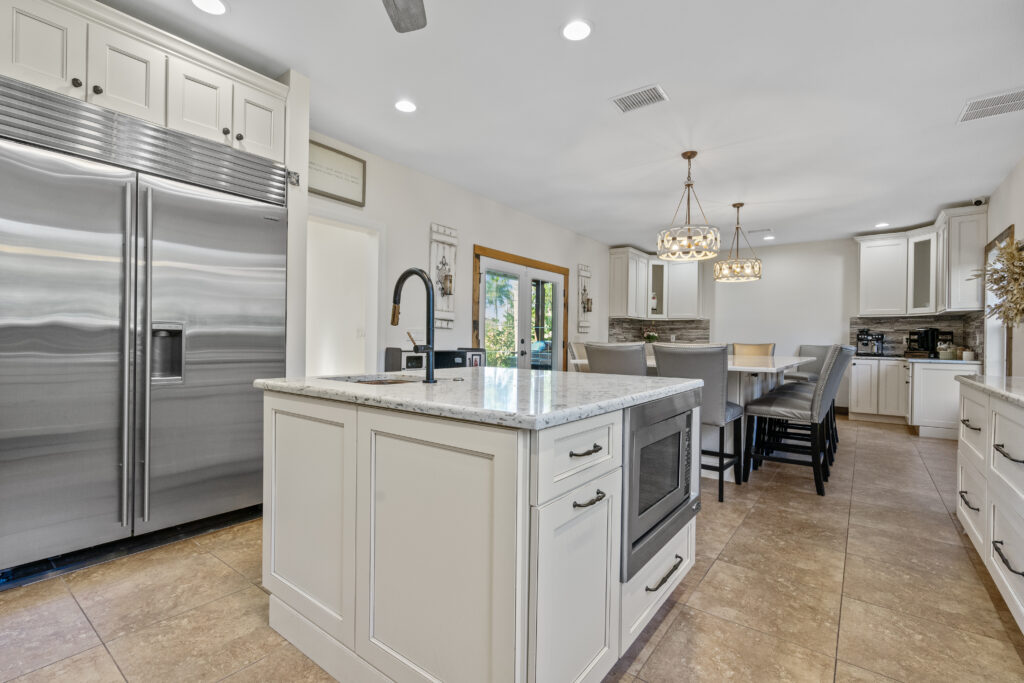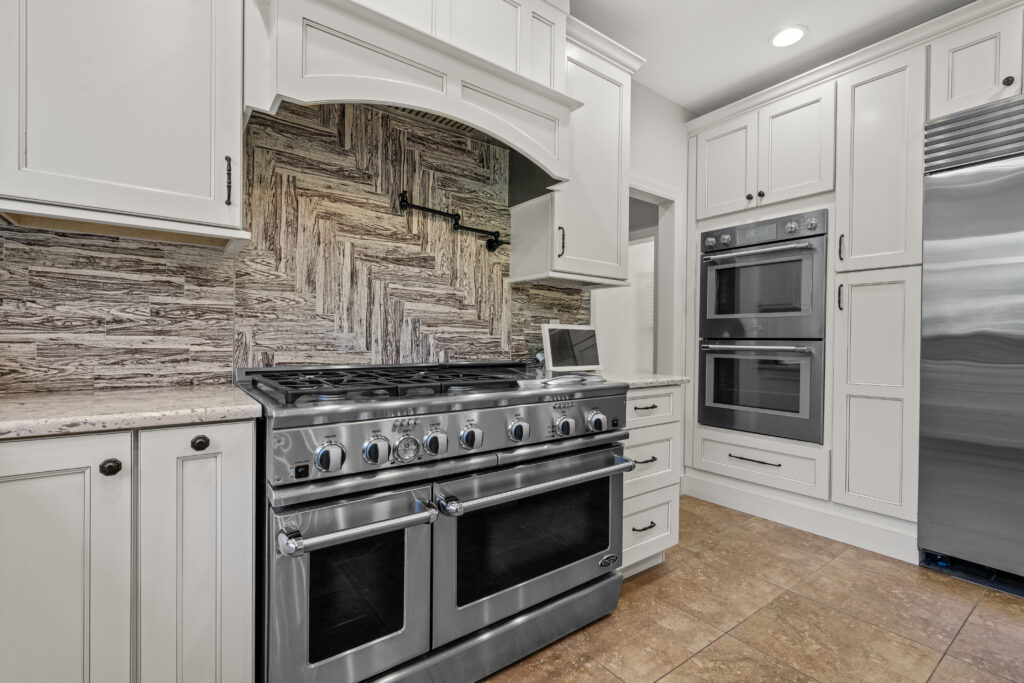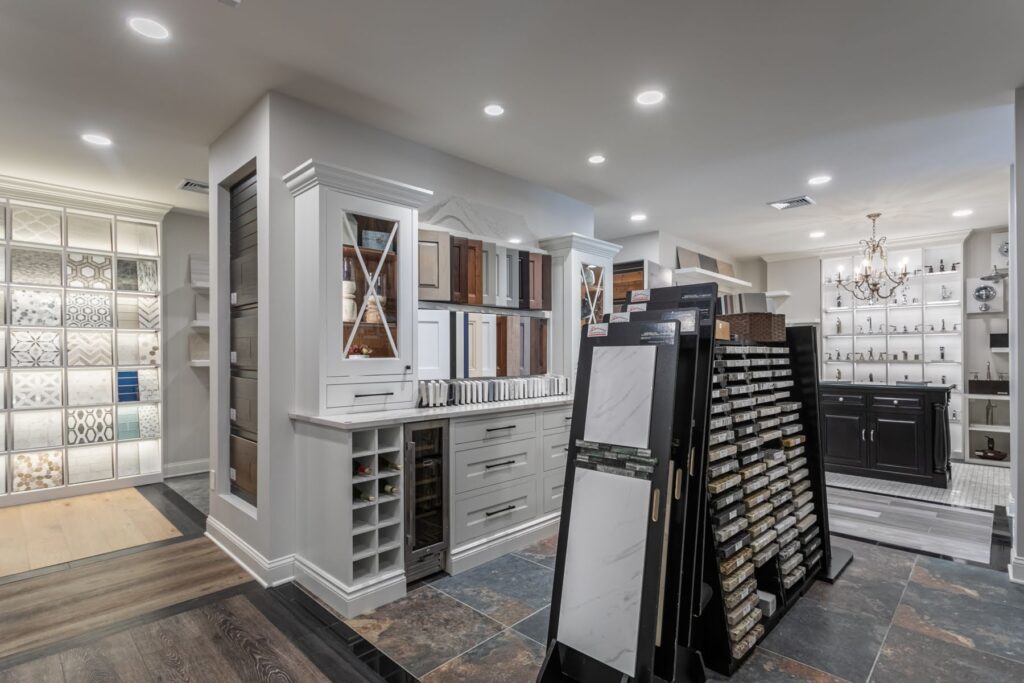New Home Construction | The Building Process in 7 Steps
Hiring a construction company as home builders – such as Rybak Construction in Cape Coral, FL – entails a comprehensive, multi-stage process that transforms a vision into a completed residence. The journey involves planning, permitting, coordination, execution, and customer care.
Here’s an expert overview of what to expect:
1. What Are Home Builders?
- Home builders are licensed professionals who oversee and manage the construction of new homes, coordinating every aspect from the initial design to the completed structure. In today’s market, most are educated in construction management with expertise in project planning, regulatory compliance, and budget control.
- Roles include submitting house plans for approval, managing permits, sourcing materials, hiring subcontractors (like electricians and plumbers), scheduling tasks, and acting as the central point of contact among all involved parties.

2. Initial Planning & Consultation
a. Defining Project Scope
- Meet with the builder (e.g., Rybak Construction) to discuss your home type, desired features, layout, and vision.
- Budget: Establish your financial boundaries, factoring in land, materials, and contingencies.

b. Site Evaluation
- The builder will research the local real estate climate, assess the suitability of your lot, and advise on any unique site challenges (e.g., soil conditions, flood zones).
- Assistance may be provided for land surveying and reviewing zoning regulations.
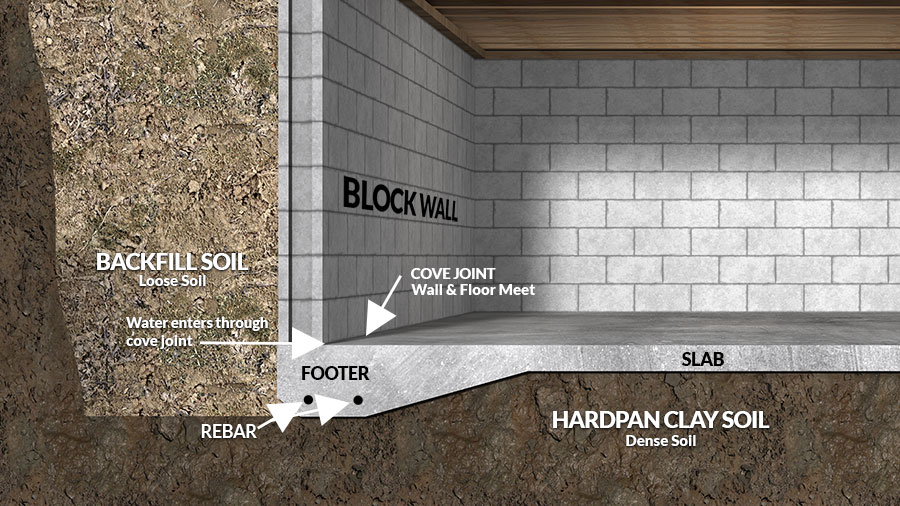
3. Design & Pre-Construction
a. Custom Design
- Collaborate with architects and engineers to translate your vision into formal house plans and blueprints.
- Customize details such as floor plans, finishes, cabinet and countertop colors, energy-efficient features, and smart home technologies.

b. Permits & Approvals
- Submit plans to local authorities; secure all necessary building permits and approvals.
- Builders in Cape Coral handle this process, ensuring compliance with all municipal and state regulations.
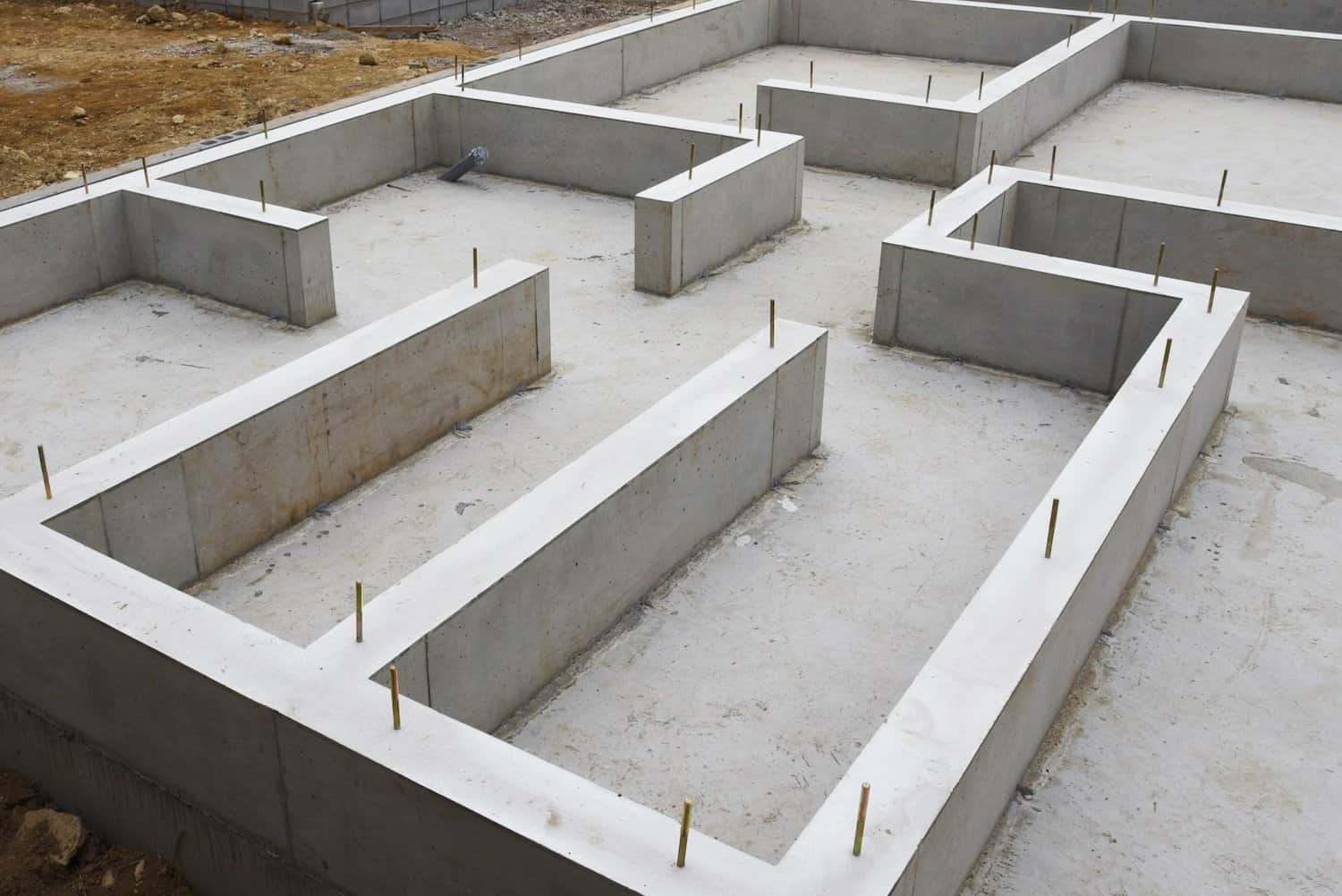
c. Detailed Contracting
- Two common contract types:
- Fixed Price: Builder quotes a fixed overall price. Good for simple builds.
- Cost-Plus: Builder charges the actual cost of labor/materials plus a markup. Suits custom or complex projects.
- Contract specifies scope, timelines, inclusions/exclusions, payment terms, and handling of unforeseen issues.
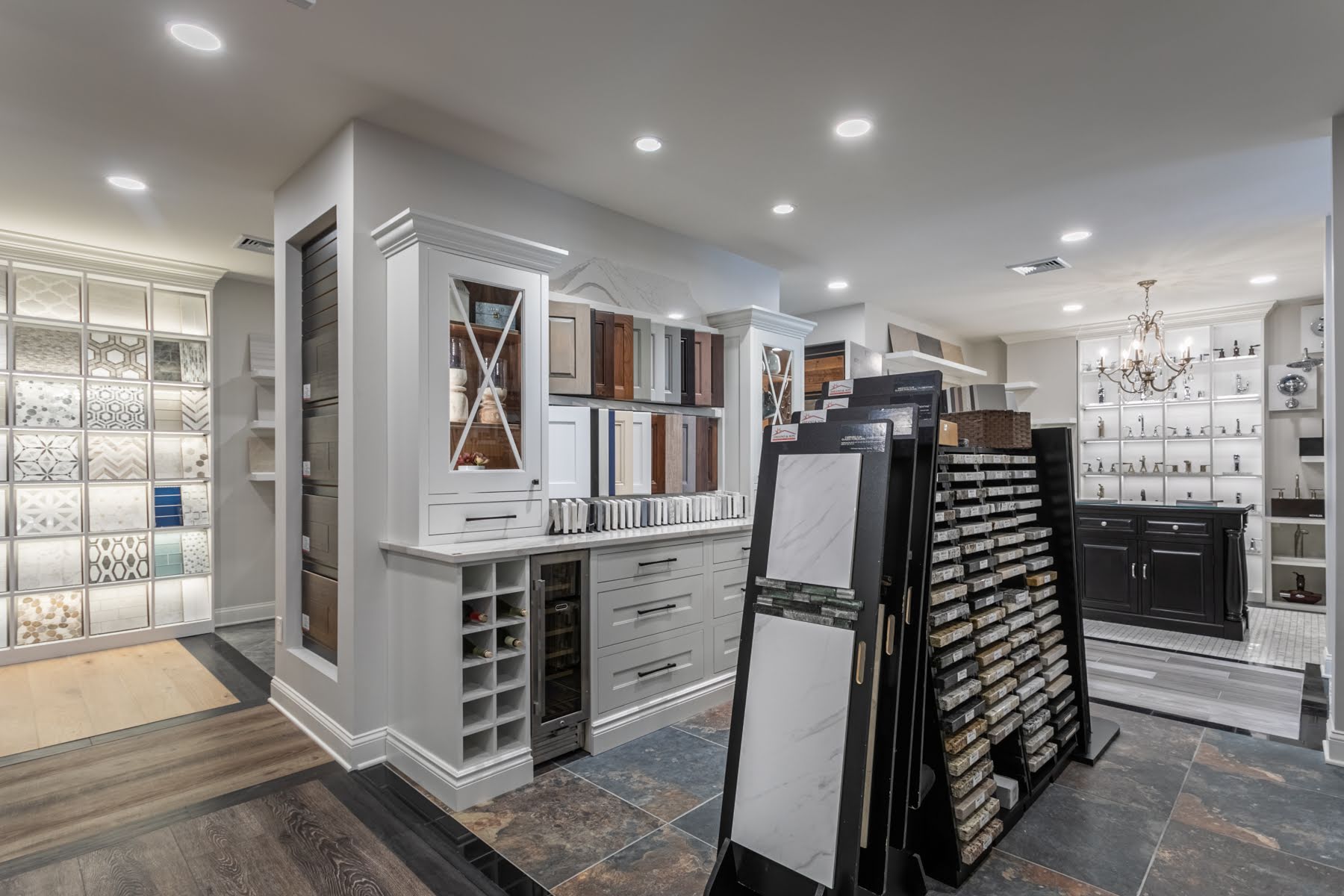
4. Construction Phase
a. Site Preparation & Foundation
- Land clearing, grading, and setting out utilities.
- Pouring foundations, laying footings, and ensuring the site meets structural requirements.
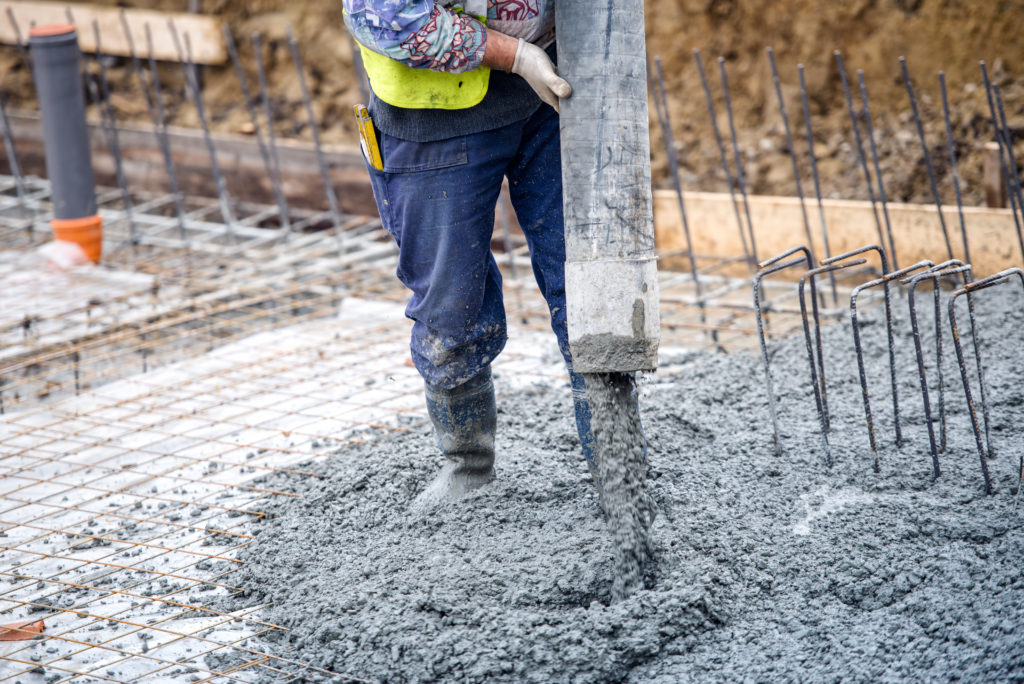
b. Framing & Exterior Work
- Framing: Building the skeleton—walls, roof trusses, floors.
- Installing exterior walls, roofing, windows, and doors for a weather-tight structure.
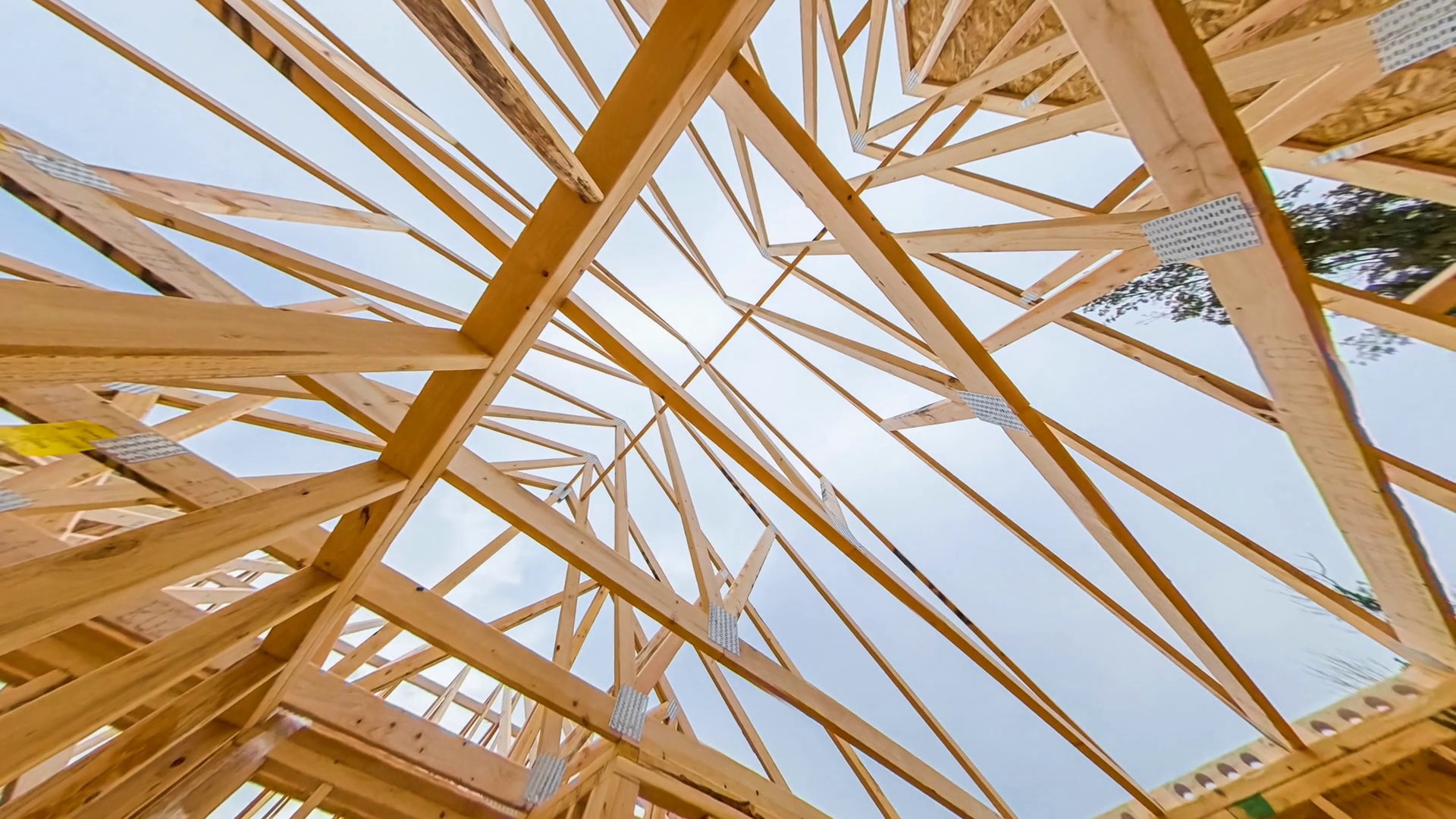
c. Mechanical, Electrical, Plumbing (MEP)
- Rough-in installation for electrical systems, plumbing, and HVAC.
- Ongoing inspections ensure all systems pass required codes.

d. Interior & Exterior Finishing
- Insulation, drywall, interior doors, trim, cabinetry, countertops, and painting.
- Fixture installation (lighting, plumbing, appliances).
- Exterior siding, landscaping, driveways, patios.

e. Scheduling & Coordination
- Builder’s key function: Orchestrating multiple subcontractors and suppliers, ensuring no overlap or missed steps.
- Communication: Consistent updates to the client on progress and issues.

5. Inspections, Walkthrough, and Delivery
a. Quality Control & Inspections
- Builders coordinate inspections at each key phase: foundation, framing, MEP, and final occupancy.
- Any issues are addressed promptly to keep the project on track.
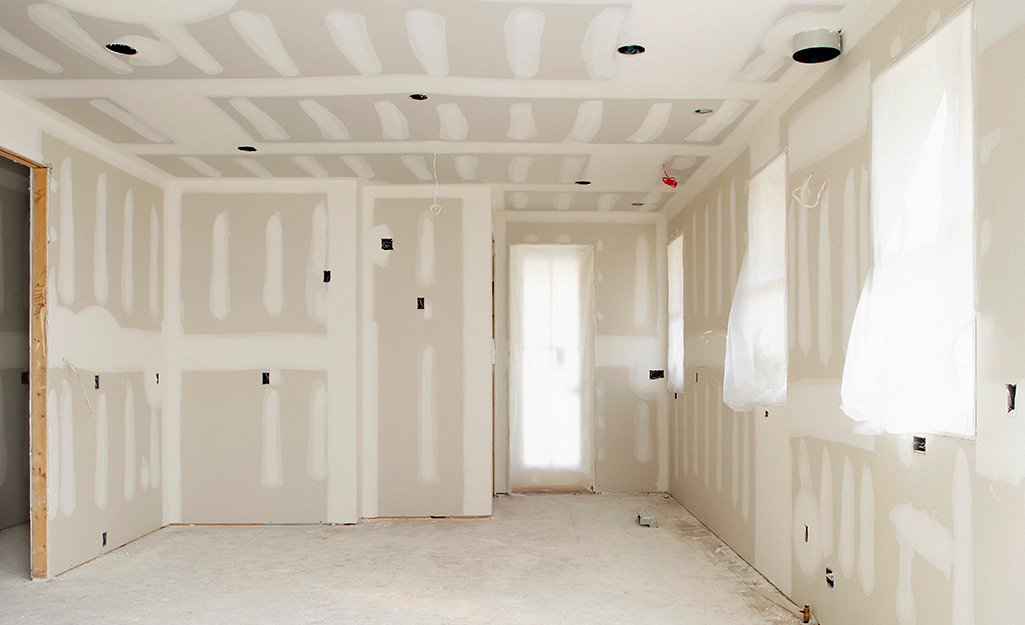
b. Final Walkthrough
- Comprehensive review with the client to ensure all specifications are met.
- Notation and resolution of any remaining issues or “punch list” items.
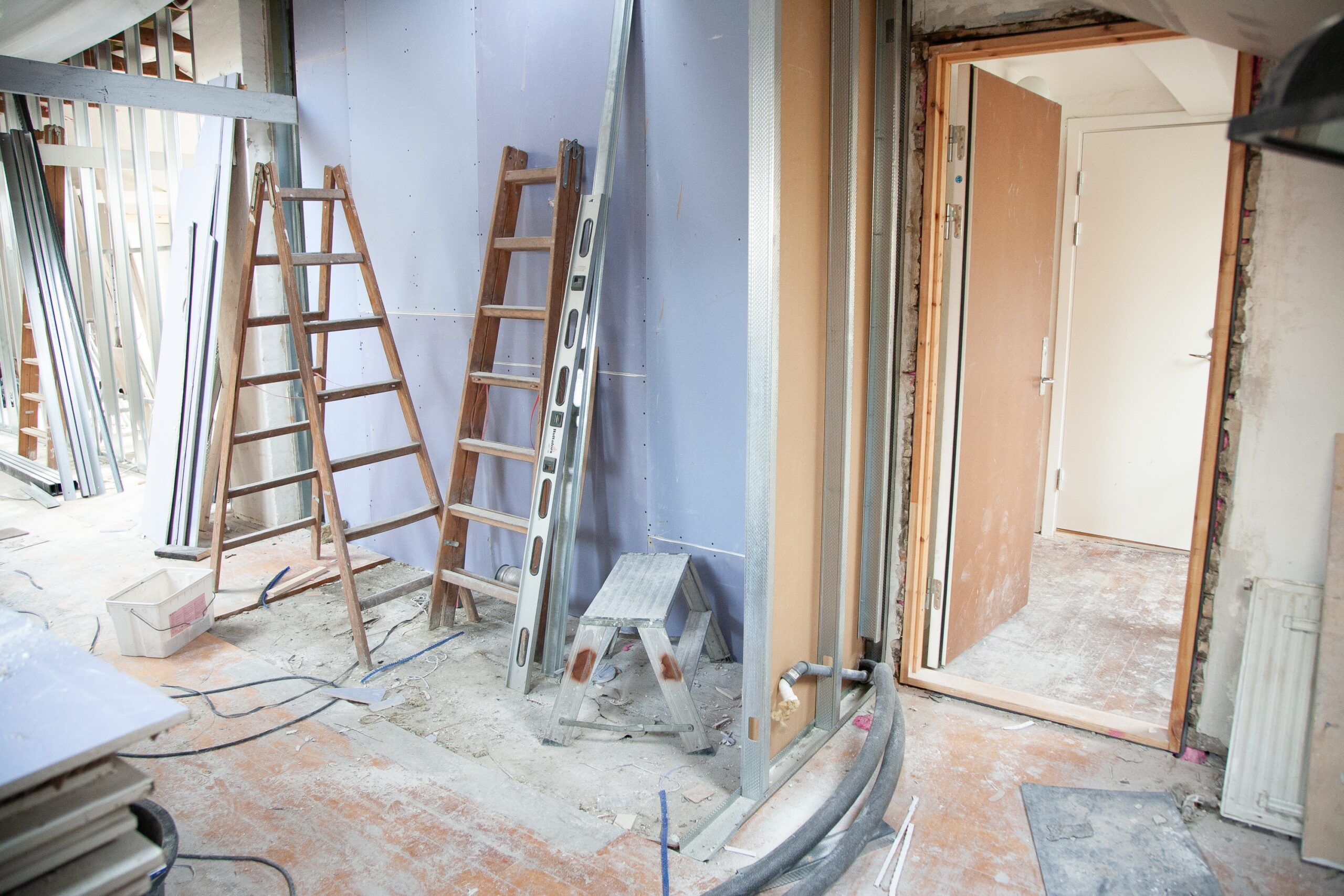
c. Handover
- Presentation of keys, warranty documents, and instruction manuals.
- Explanation of features and ongoing maintenance expectations.

6. Aftercare & Warranty
- Reputable builders offer post-construction support—addressing defects, repairs, or warranty claims.
- Some provide ongoing maintenance contracts or recommend trusted maintenance vendors.
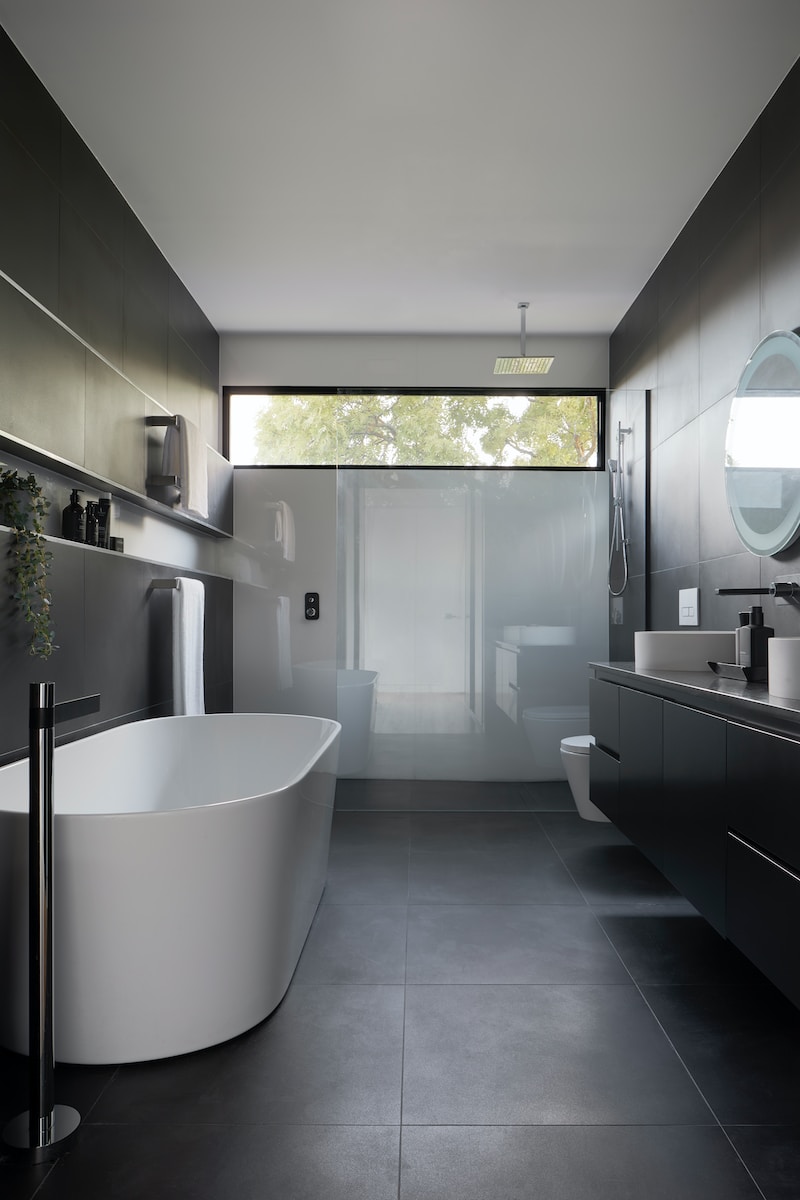
7. Key Considerations When Hiring a Home Builder
- Licensing & Reputation: Ensure the company (such as Rybak Construction) is licensed, insured, and has positive reviews.
- Portfolio: Review past projects, paying attention to quality and style.
- Communication: Strong, clear communication channels throughout the project.
- Budget Transparency: Detailed breakdowns of costs, allowances, and billing protocols.
- Flexibility: Ability to adapt if changes in design, material supply, or regulatory shifts occur.
Summary of the Step-by-Step Process
1. Initial Consultation: Define needs, budget, timeline, and vision.
2. Site & Market Research: Assess land, risks, and regulations.
3. Design & Planning: Work with architects/engineers to create detailed plans.
4. Permitting: Submit plans for governmental approval; obtain building permits.
5. Contracts: Choose between fixed price or cost-plus; sign transparent, detailed agreements.
6. Construction Management: Oversee all phases—site prep, framing, mechanical, finishing, landscaping.
7. Quality & Inspections: Ensure each phase passes inspections and meets codes.
8. Client Walkthrough: Address punch-list items and verify satisfaction.
9. Handover: Deliver keys, paperwork, and maintenance guidance.
10. Aftercare: Support during warranty period and address any post-move-in concerns.
Hiring a home builder like Rybak Construction in Cape Coral means entrusting your project to a licensed professional who will manage the full lifecycle of home creation—seamlessly guiding you from concept and planning to construction, inspection, and final handover, all while ensuring your vision, budget, and timeline are realized.
